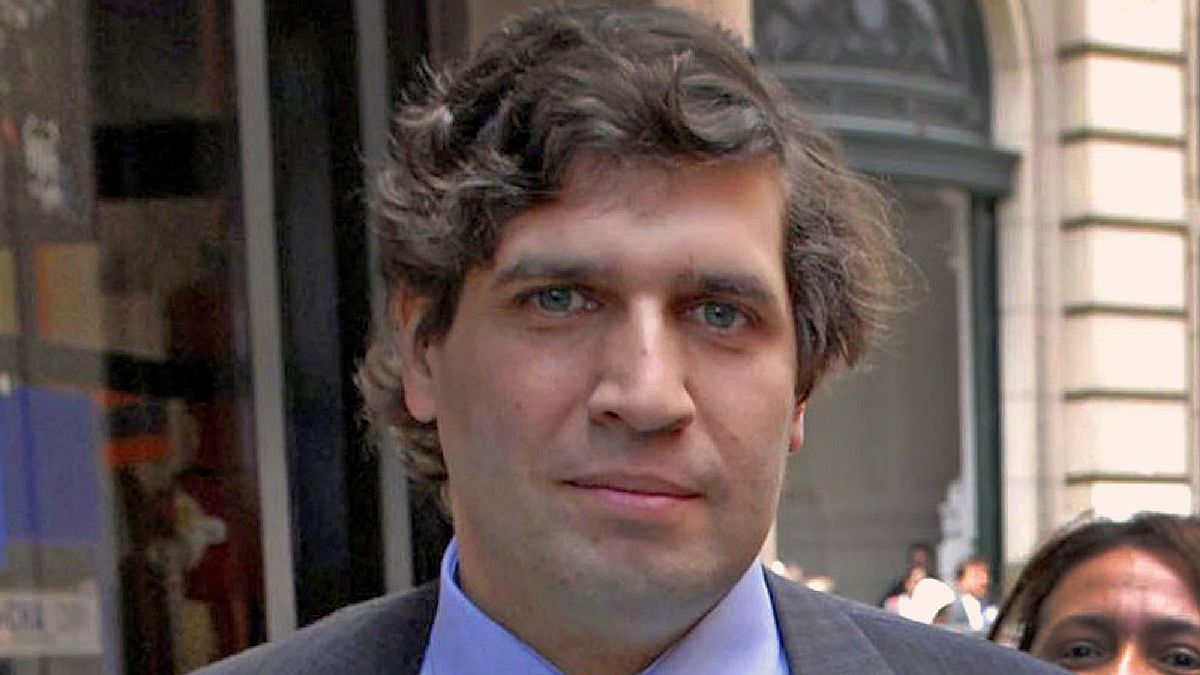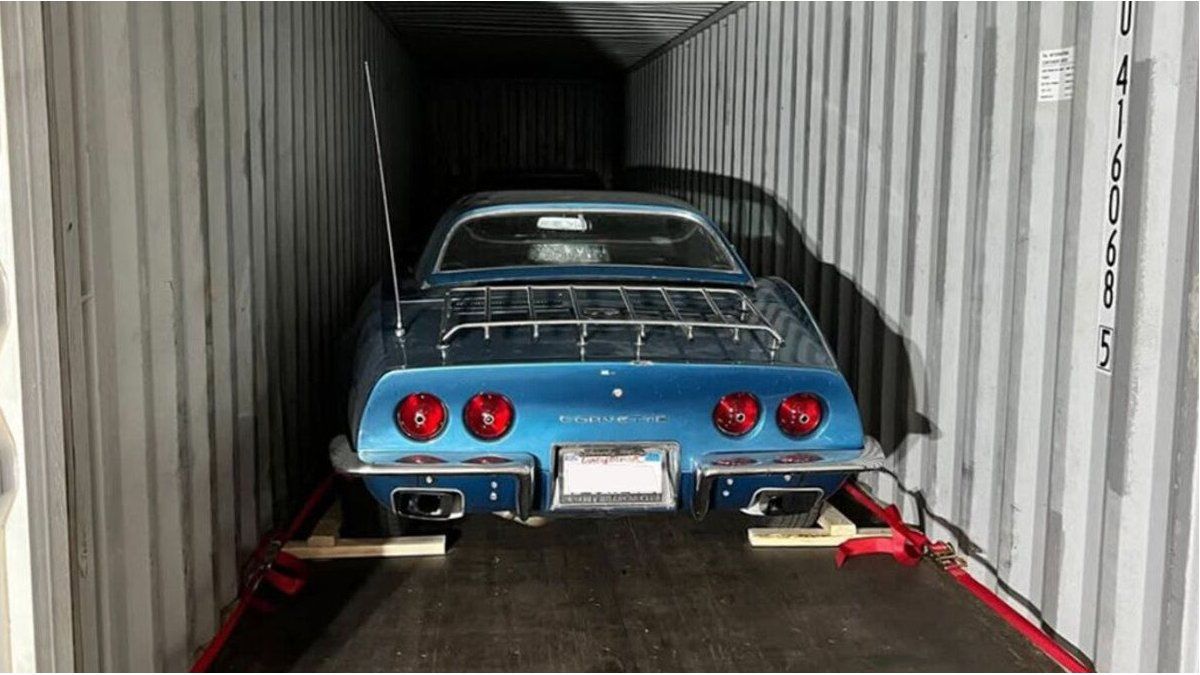Chodos recalled that “in all the previous processes, Argentina has never entered into a situation of repudiating the debt, neither with Perón in 1973, nor during the dictatorship, nor what was later the nationalization of private debts.” “It seems to me that there are things that can be worked on and things that are beyond our realities,” added the official, who pointed out that “There has not been a situation of international courts decreeing odious debts or not, even within institutional regimes.”
Regarding the consequences in the case of not having reached an agreement, Chodos indicated that it would have caused a “lack of dollars” necessary for the “productive apparatus to produce and consume.”
“A default would have generated a greater shortage of dollars because our bilateral credit would have been interrupted not only with the central countries but also with Russia and China, we would have had an additional problem with the Paris Club, and we would have had a loss of flow of the international credit organizations such as the World Bank and the Inter-American Development Bank (IDB),” the official said.
Likewise, he stressed that the default with the IMF would cause “a lack of dollars, more uncertainty and more anguish surely”.
The representative before the agency explained that the new Extended Facilities program will allow financing the payment of the debt contracted between June 2018 and July 2019 for a total of approximately US$45,000 million. “In 2020, Argentina cancels the program and the debt incurred remains with US$20 billion unpayable between 2022 and 2023, and a little more for 2024,” he reiterated about the original payment schedule.
With the new financing program that will allow these payments to be canceled between 2022 and 2024, disbursements “They will then have a principal payment term of between 4 and a half and 10 years in 12 semi-annual installments”Chodos said.
“The 2018 loan is so serious that it ends up being paid, if everything goes well, in 2034,” he explained. Chodos reiterated that the agreement will allow “increasing spending in real terms in all the years of the program between 2022 and 2024.”
Regarding the goals of reducing the fiscal deficit that establish a reduction to 2.5% in 2022, 1.9% in 2023 and 0.9% in 2024, Chodos considered it “something healthy for Argentina to go towards fiscal balance” . Lastly, when asked about Máximo Kirchner’s resignation from the presidency of the Frente de Todos (FdT) bloc of national deputies for disagreeing with “the results obtained” in the negotiation, the official pointed out that “each one has the position of he”. “It is not up to me to go around judging the positions of the leaders of our space,” said the official.
Source: Ambito
David William is a talented author who has made a name for himself in the world of writing. He is a professional author who writes on a wide range of topics, from general interest to opinion news. David is currently working as a writer at 24 hours worlds where he brings his unique perspective and in-depth research to his articles, making them both informative and engaging.




